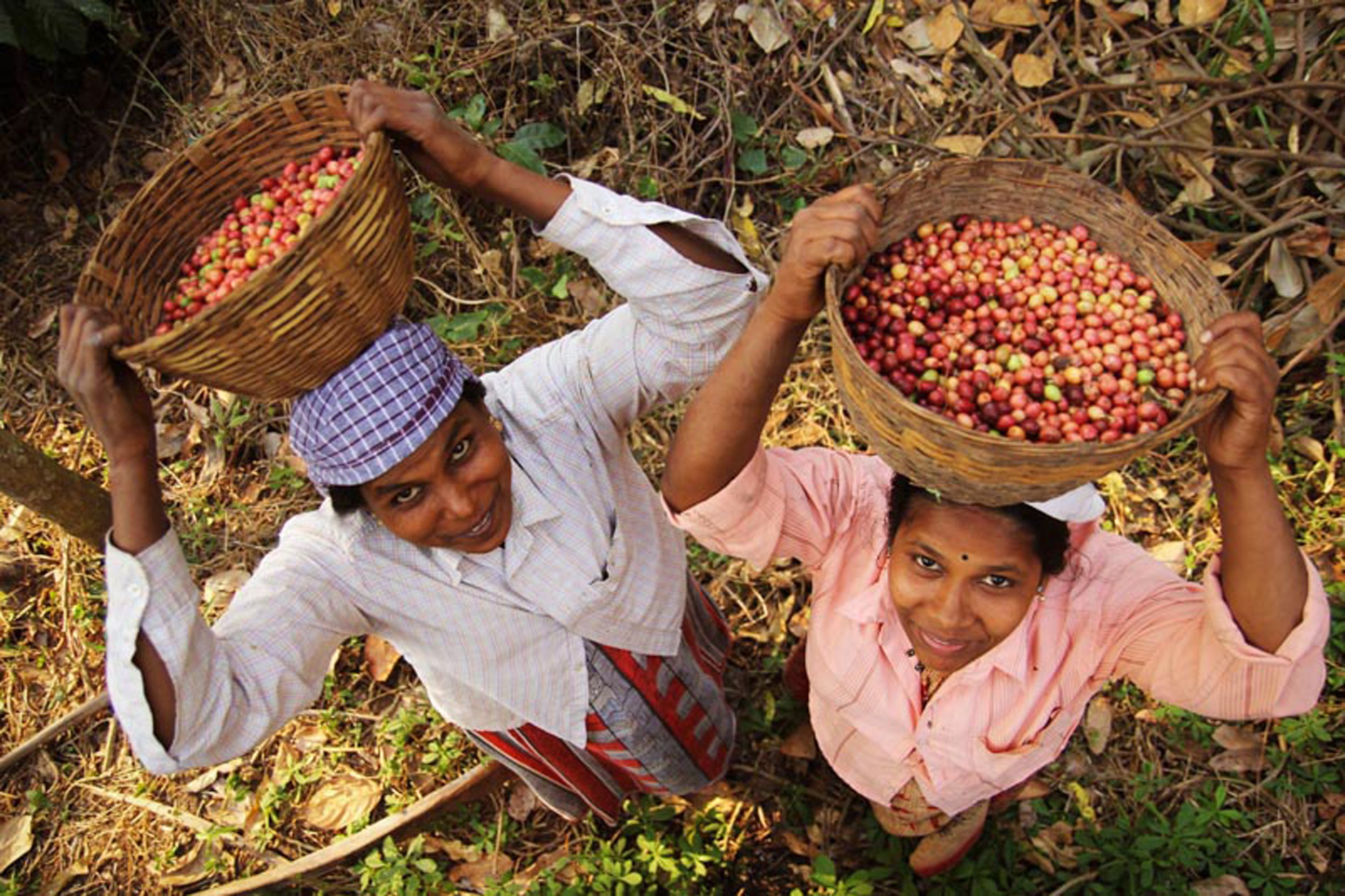A farmer working with Vanamoolika contends that when something comes from its origins, it tastes better.
He says this because he has the knowledge and instincts of a son of the soil. But he doesn’t offer a scientific reason for it. Vanamoolika’s marketing partner, Anith Puthiyankath, a third-generation entrepreneur from a 100-year-old family business, with a degree in international business, adds logic to the claim, saying there is a reason why “something is found somewhere”, originally. So, black pepper, for instance, grown anywhere else will not be as good as that from Wayanad, where it has flourished on its own from times immemorial. KM George, head of quality and internal control at the organization, adds some science to Anith’s logic: “Lot of medicinal plants grow wild in Wayanad. During monsoons, water trickles down the plants, enriching the soil. The combination of terroir and climate makes its produce special.”
Wayanad - this region of northern Kerala straddles the Western Ghats, a mountain range circled by UNESCO as one of the world’s eight “hottest biodiversity hotspots”. It is here that pharmacist-conservationist PJ Chackochan decided to found Vanamoolika, intending to preserve its medicinal heritage through organic cultivation, and by encouraging local farmers to not abandon traditional practices. That was in 1991. Now, Vanamoolika works with 450 small farmers from local and tribal communities. There were even more, but the organization had to tighten and streamline to keep numbers manageable. This way, everything improves: the quality of product, revenues, best practices of farming, as well as land quality. “The object is not to sell more and more”, stresses Anith. That was never the vision.
But plants used in traditional medicinal systems don’t have a big market, even inside India. High-quality edibles and spices, on the other hand, do. The pepper is legendary, of course. Intrepid European traders plied the high seas in the 16th and 17th centuries on the so-called Spice Route—the lesser-known, but no less commercially or culturally important, cousin of the Silk Route—to load up on the “black gold.” Anith’s company, World of Origins, reaches back into this history with its logo of an old ship, seagulls, mythical beings, clouds, and a crown. However, superb though the raw spices of this region may be, the processing is equally important, especially for the evolved markets of the West. “Besides being organic, we steer away from common practices like powdering cloves along with their stem and leaves.” This is where Vanamoolika’s modern processing center - kept ticking by 350 women from local self-help groups - comes in, managing the transition from raw to packed, hygienically and efficiently.
In the end, it all comes back to the place of origin. Respecting it and caring for it makes for “healthy people, wealthy nature”—so says Vanamoolika.
Vanamoolika
